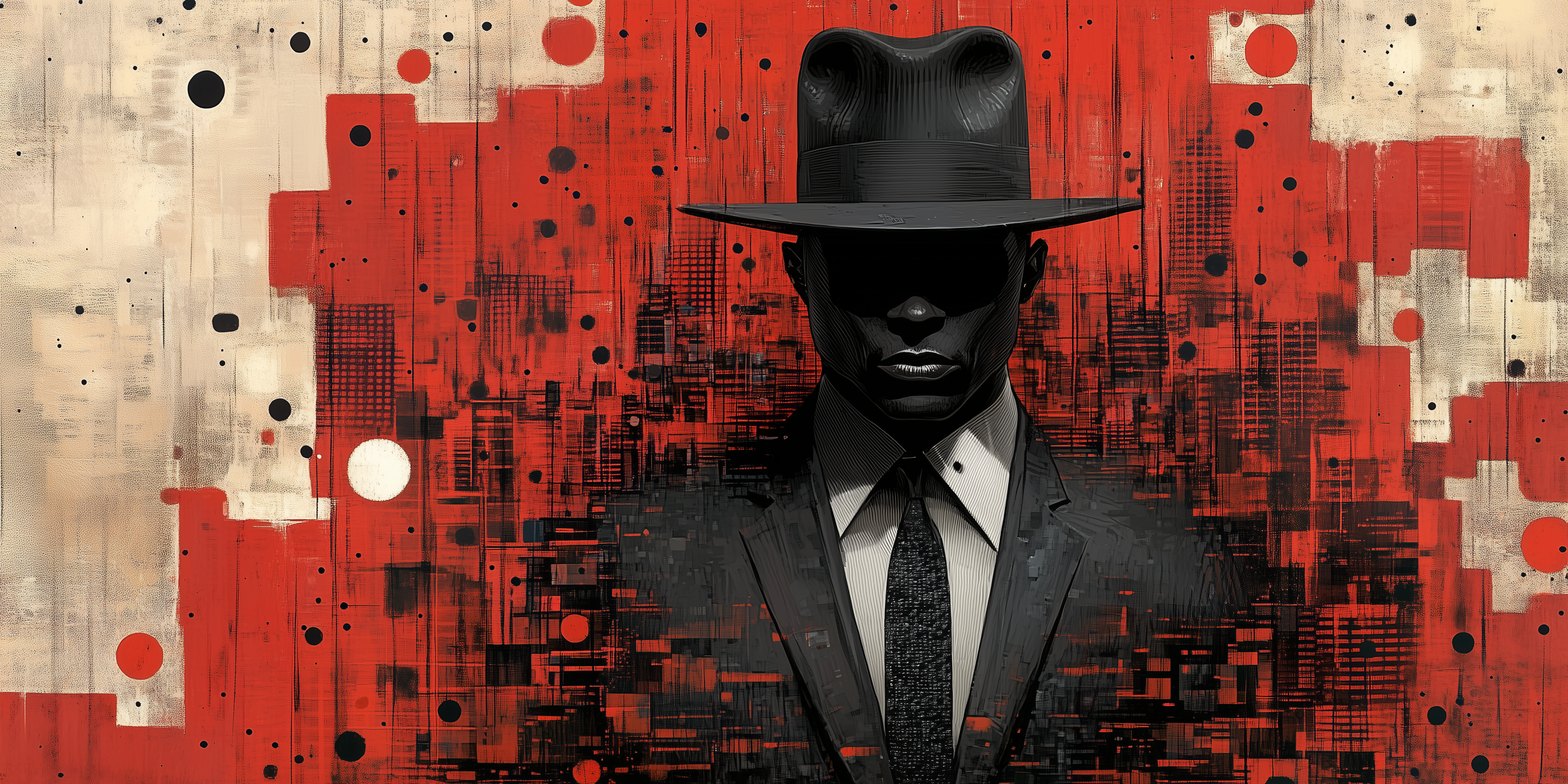Invasive species are nature’s saboteurs. Introduced to ecosystems where they don’t belong, they disrupt balance, destroy resources, and leave entire environments disjointed and barren. Colonialism and imperialism operated in much the same way—uprooting the cultural ecosystems of Africa, exporting human lives as property, and introducing ideologies that supplanted pride, unity, and self-determination with survivalist thinking. The result? A “Chameleon Culture” that’s been passed down through generations, shaping how too many of us navigate the world today.
Let’s make it plain: the chameleon doesn’t adapt for pleasure—it adapts to survive. That’s what our ancestors did under the whip, on the auction block, and in fields where they were forced to labor for someone else’s wealth. But the tragedy of survival without liberation is this: you grow comfortable in someone else’s cage. Over time, you stop asking why you’re changing your colors and start believing those colors are your own.
Today, this Chameleon Culture thrives—not as a conscious choice, but as a byproduct of centuries of conditioning. It manifests in ways that are destructive to our progress as a people. We see it when Black leaders reach positions of influence but act as gatekeepers, protecting power for themselves rather than lifting others up. We see it when entertainers, athletes, and public figures become the mascots for brands and systems that exploit Black communities. We see it in the way we spend $1.8 trillion annually—largely outside our communities—propping up companies that do nothing to invest in us. We see it when some of us shrink our identities to make white spaces more comfortable, trading authenticity for access.
But let’s stop for a moment and ask: access to what? Who are we really trying to impress? What ladder are we climbing, and why does it feel like the higher we go, the farther our people fall?
The Conditioning of Chameleon Culture
To understand this, we have to look at how Chameleon Culture was seeded into us. During slavery, our ancestors learned that survival depended on playing the game. Speak too boldly, and you might be whipped—or worse. Dream too loudly, and you’d be crushed. Over time, survival demanded that we learn to assimilate—to present the right colors to those who held the power. That conditioning didn’t end when the shackles came off. It transformed under Jim Crow, under segregation, under the systemic racism that still thrives today.
Colonialism and white supremacy taught us to equate proximity to whiteness with success. That proximity could be economic, social, or even physical. It’s the reason so many of us today are subconsciously drawn to European beauty standards, why we celebrate individual success stories while ignoring systemic oppression, and why some of us think the only way to “make it” is to leave our community behind.
But survival and freedom are not the same thing. A chameleon survives by changing its colors, but a lion thrives because it knows exactly who it is.
When Individual Success Becomes a Community Loss
Malcolm X once warned us about the dangers of prioritizing personal gain over collective progress. He spoke of those who sought validation from the oppressor, those who were willing to betray their own people for a seat at someone else’s table. Today, this behavior is alive and well. It shows up in corporate spaces, where some of us fight to be “the only one” in the room rather than working to open the door for others. It shows up in politics, where some of our leaders prioritize campaign donations from corporations over the needs of their constituents. It shows up in media, where narratives of Black excellence are often reduced to individual achievements that distract us from systemic inequality.
Let’s be clear: individual success is not the enemy. But success at the expense of your people is no success at all. If you climb the ladder while pulling it up behind you, you’re not a trailblazer—you’re a gatekeeper. And if you change your colors so much that your people can’t recognize you, then you’re not a leader—you’re a stranger.
Reclaiming Our Roots, Restoring Our Power
The truth is, Chameleon Culture isn’t our natural state—it’s a reaction to oppression. Our natural state is one of pride, unity, and self-determination. The good news is, we can undo the conditioning. We can reject the survivalist mentality that tells us to compete against each other rather than build with each other. We can reclaim the power that comes from collective action, cooperative economics, and cultural pride.
This work has already begun. Across the country, Black entrepreneurs are reinvesting in their communities through initiatives like the Buy Black movement. Activists are fighting for education reform that centers Black history and pride. Grassroots organizations are challenging economic systems that exploit our communities, building cooperative housing projects, community land trusts, and local food systems. These efforts remind us that we don’t have to survive as chameleons—we can thrive as lions.
But none of this works if we don’t hold ourselves accountable. We have to ask the hard questions: Where are we spending our money? Who are we supporting with our votes? How are we using our platforms and influence? Are we building bridges or burning them? Are we uplifting our people or just ourselves?
A Final Word to the Chameleons
If you’ve read this far and feel attacked, understand this: the critique comes from a place of love. Malcolm X didn’t call out harmful behaviors to shame us—he did it to wake us up. The same applies here. If you recognize yourself in the Chameleon Culture, this is your invitation to change. Not your colors, but your mindset. Remember who you are. Remember where you come from. And remember this: a chameleon survives by blending in, but a lion thrives by standing out.
Our survival was never the end goal. Freedom, pride, and collective power are. Let’s leave Chameleon Culture behind and start living like we were meant to: bold, unapologetic, and united.

